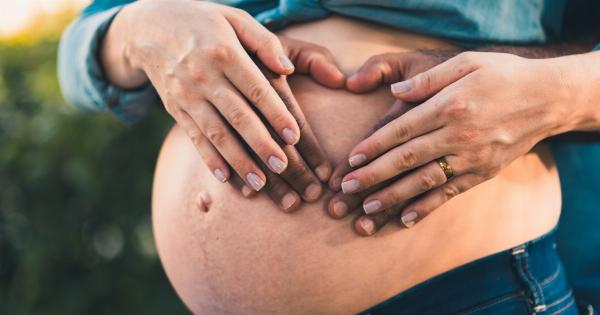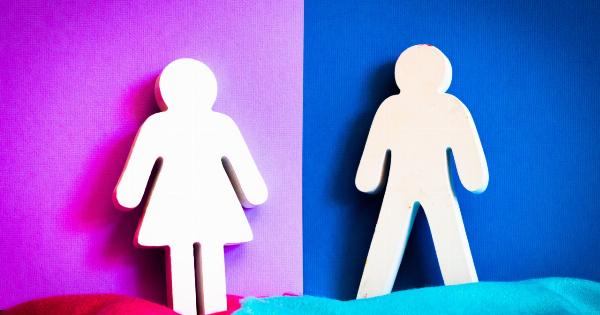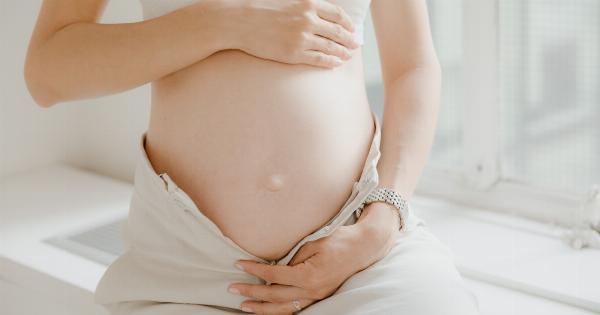Discovering that you are pregnant can bring about a whirlwind of emotions.
Whether you were actively trying to conceive or the news comes as a surprise, recognizing the early signs of pregnancy can help to confirm your suspicions and prepare you for the journey ahead. While every woman’s experience is unique, there are a few common signs that may indicate that you are pregnant.
Keep in mind that these symptoms can also be caused by other factors, so it is always best to consult with a healthcare professional for confirmation.
1. Missed Period
One of the most obvious signs of early pregnancy is a missed period. If your menstrual cycle is usually regular and you are consistently late, it may be a good indication that you are pregnant.
However, other factors such as stress, hormonal imbalances, or certain medications can also cause a missed period. It is important to take a pregnancy test to confirm if you suspect pregnancy.
2. Sensitive or Tender Breasts
During early pregnancy, hormonal changes can lead to breast tenderness or sensitivity. You may notice that your breasts feel fuller, heavier, or more tender than usual.
This can be similar to the sensations you experience before your period, but in early pregnancy, the tenderness may be more pronounced.
3. Fatigue
Feeling excessively tired or fatigued is a common symptom of early pregnancy. This is due to hormonal shifts that occur to support the growth and development of the fetus.
If you notice that you are more exhausted than usual, even after getting enough rest, it could be a sign that you are pregnant.
4. Nausea and Morning Sickness
While commonly referred to as “morning sickness,” nausea and vomiting can occur at any time of the day during early pregnancy. This symptom is believed to be caused by the surge of hormones, particularly human chorionic gonadotropin (hCG).
Not all women experience morning sickness, but if you suddenly find yourself feeling queasy or vomiting frequently, it may be an early pregnancy sign.
5. Frequent Urination
As your body adjusts to pregnancy, increased blood flow and hormonal changes can lead to frequent trips to the bathroom. The growing uterus puts pressure on the bladder, causing you to urinate more frequently.
This symptom typically eases in the second trimester but may reappear in the third trimester as the baby’s size increases.
6. Food Cravings or Aversions
Changes in taste and food preferences are common during early pregnancy. You may experience intense cravings for certain foods or develop aversions to foods you previously enjoyed.
These changes in appetite are believed to be influenced by hormonal fluctuations.
7. Mood Swings and Emotional Changes
Hormonal changes during pregnancy can also affect your emotions. Many women experience mood swings, irritability, or heightened emotions during the early stages of pregnancy. You may find yourself feeling weepy one moment and elated the next.
It is important to communicate these emotions with your partner or support system to navigate this exciting yet challenging time.
8. Heightened Sense of Smell
During early pregnancy, some women may experience a heightened sense of smell. Everyday scents that were once tolerable may suddenly become overwhelming or even nauseating. This symptom is again attributed to hormonal changes occurring in the body.
9. Changes in Basal Body Temperature
Monitoring your basal body temperature (BBT) can provide valuable insight into your menstrual cycle and potential pregnancy. After ovulation, if your BBT remains elevated for more than 18 days, it may be an indication of pregnancy.
This sign is best observed by women who have been tracking their BBT over time.
10. Spotting or Light Bleeding
Known as implantation bleeding, some women may experience light spotting or bleeding when the fertilized egg implants itself into the uterus.
This occurs around six to twelve days after conception and is usually lighter and shorter than a regular menstrual period. If you notice any bleeding during early pregnancy, it is essential to consult with your healthcare provider.
























